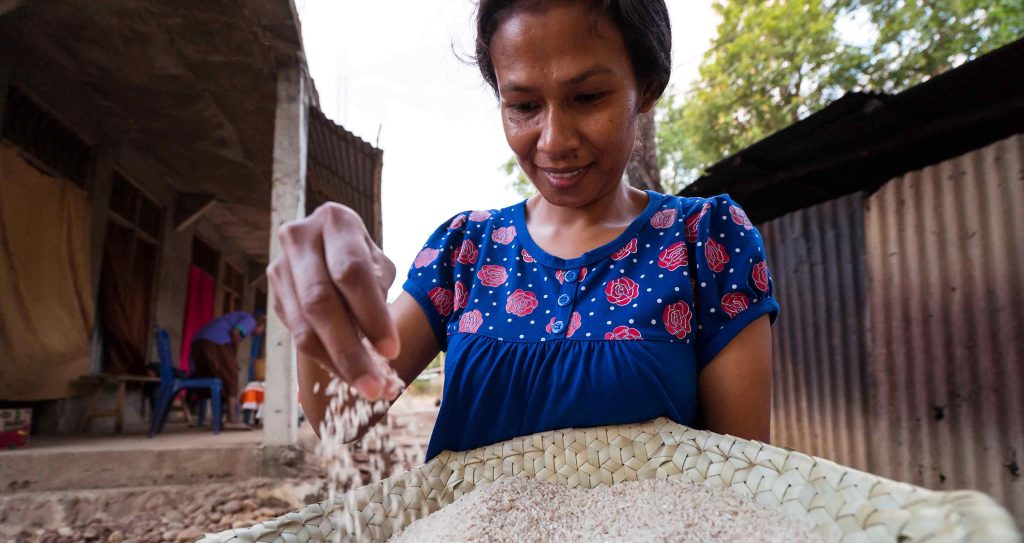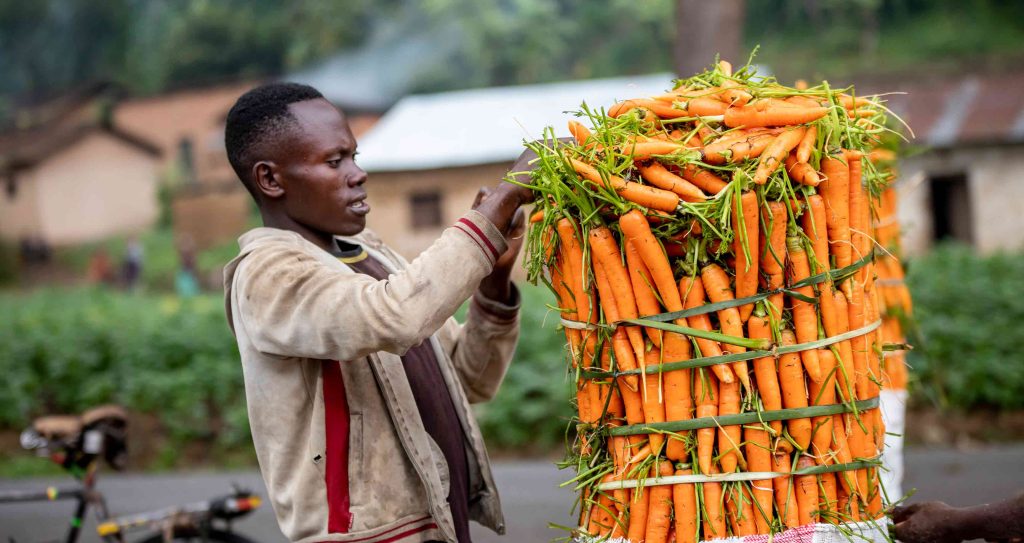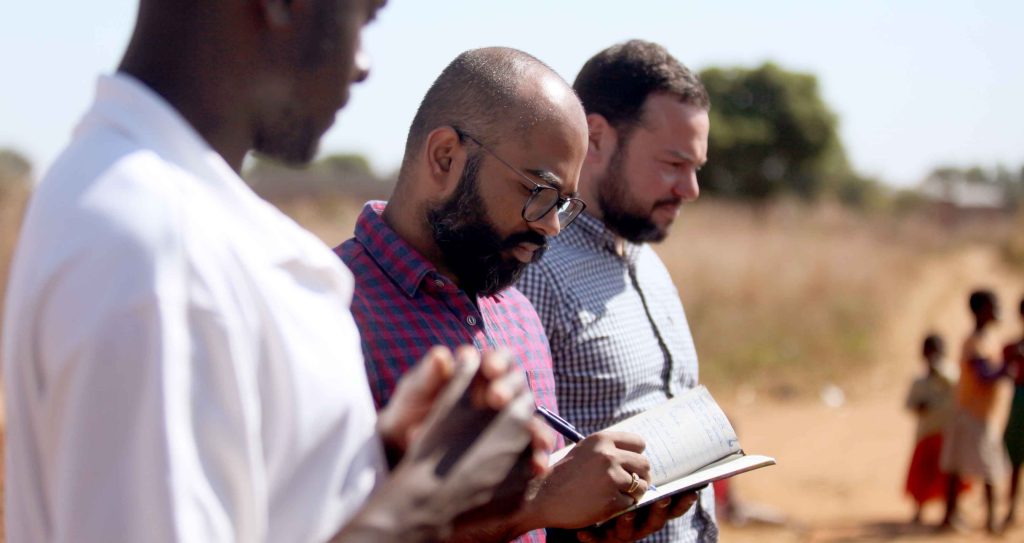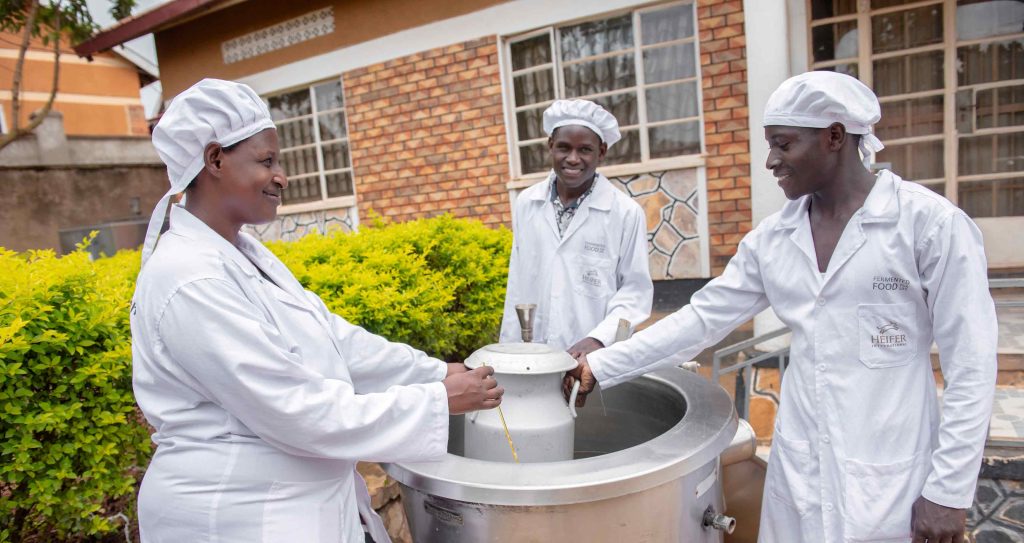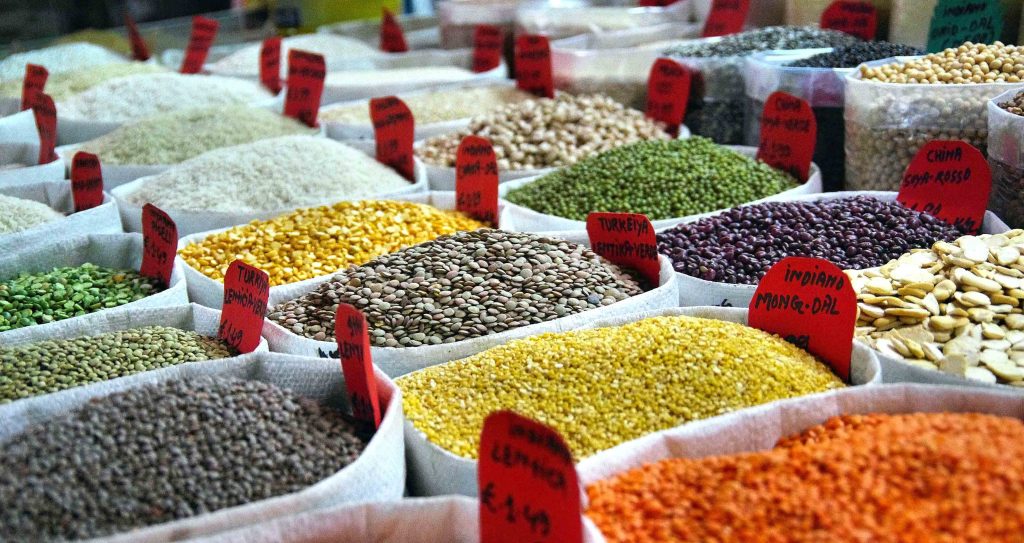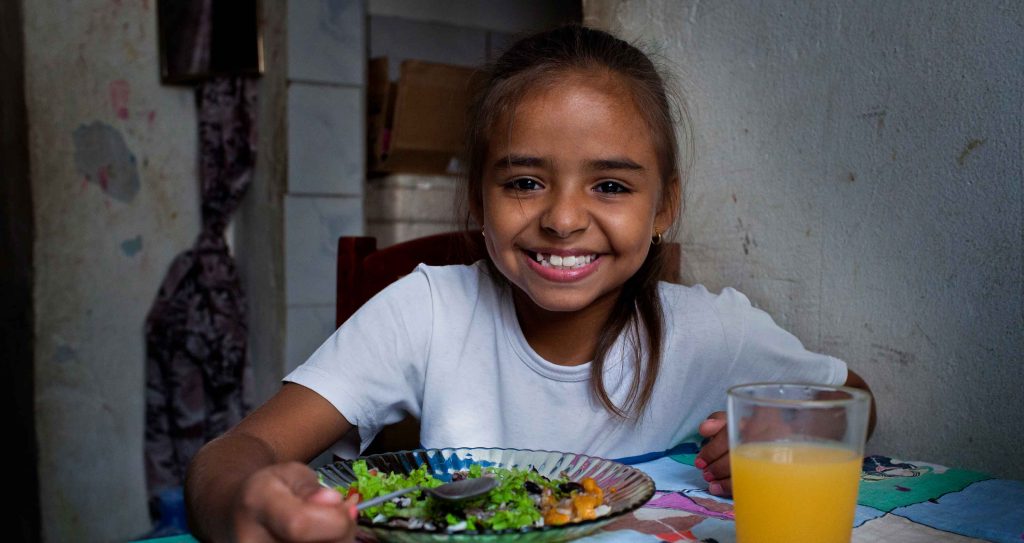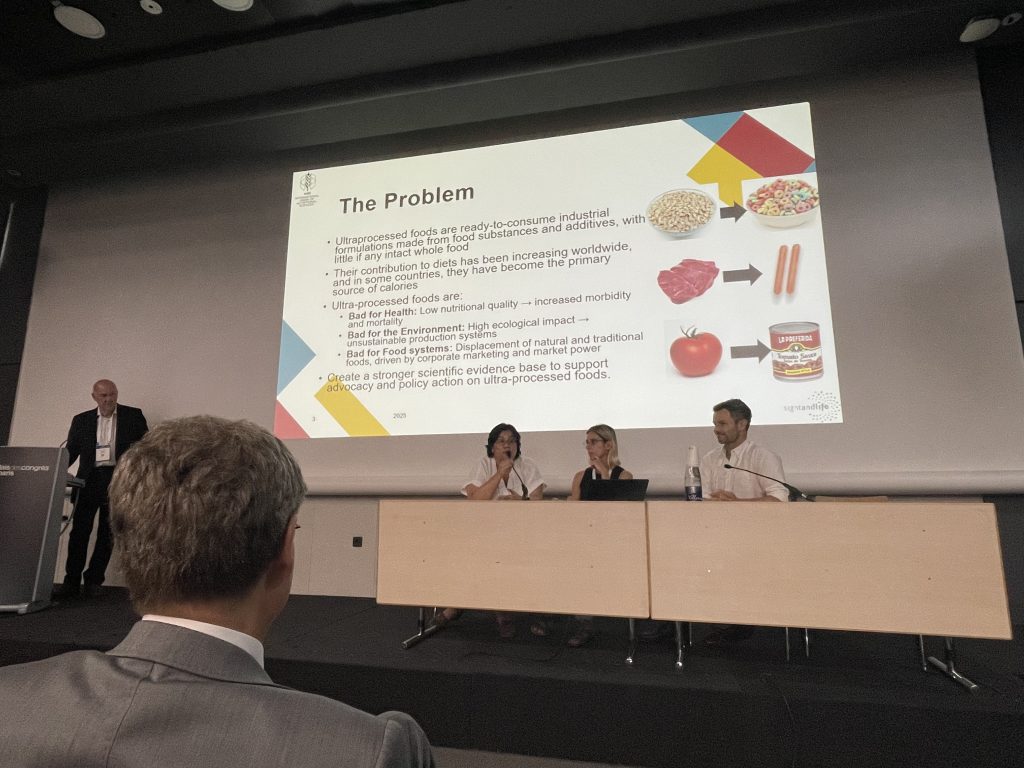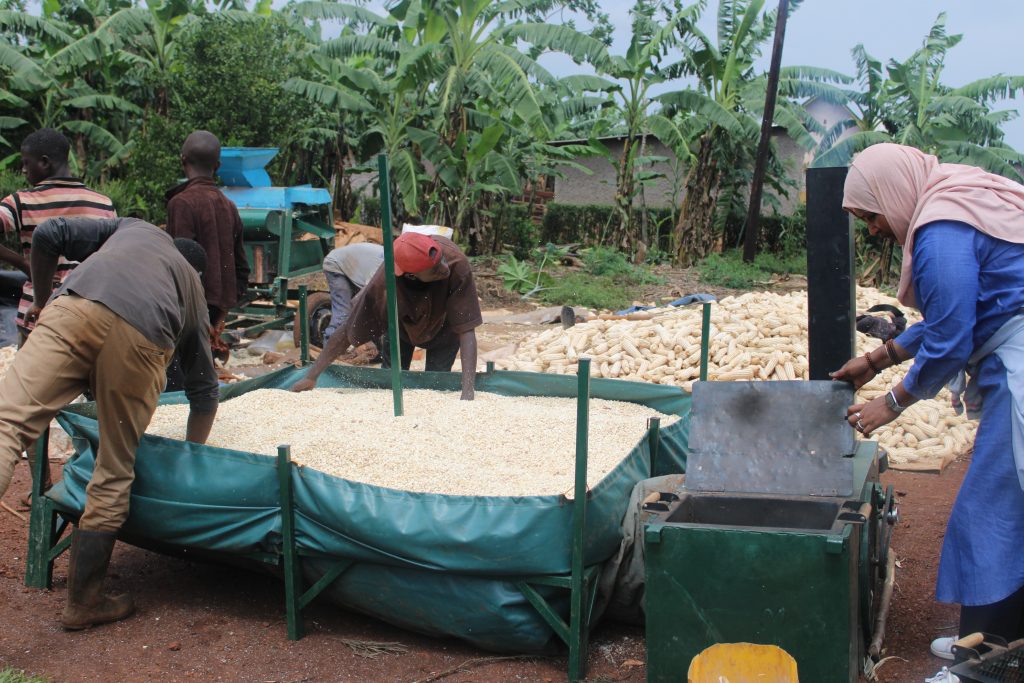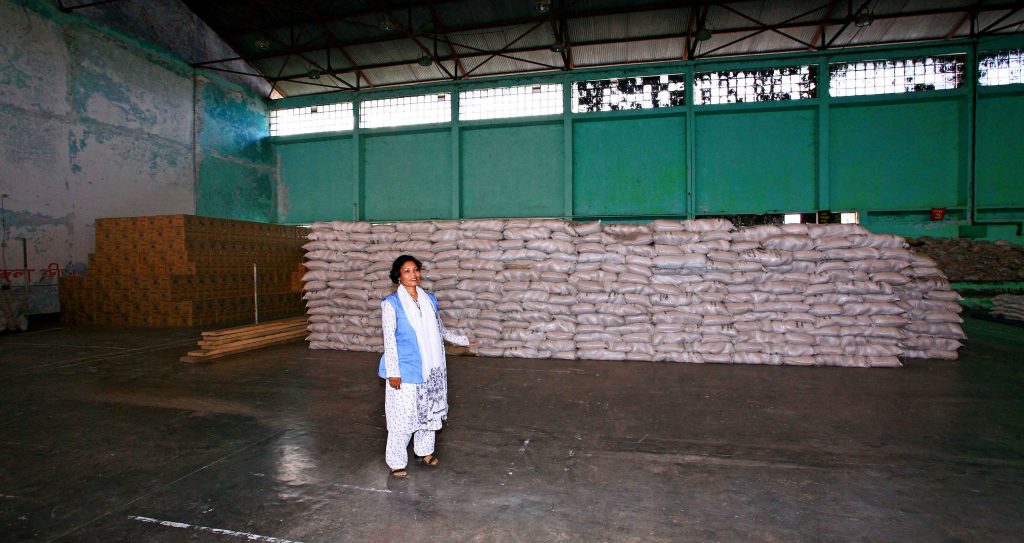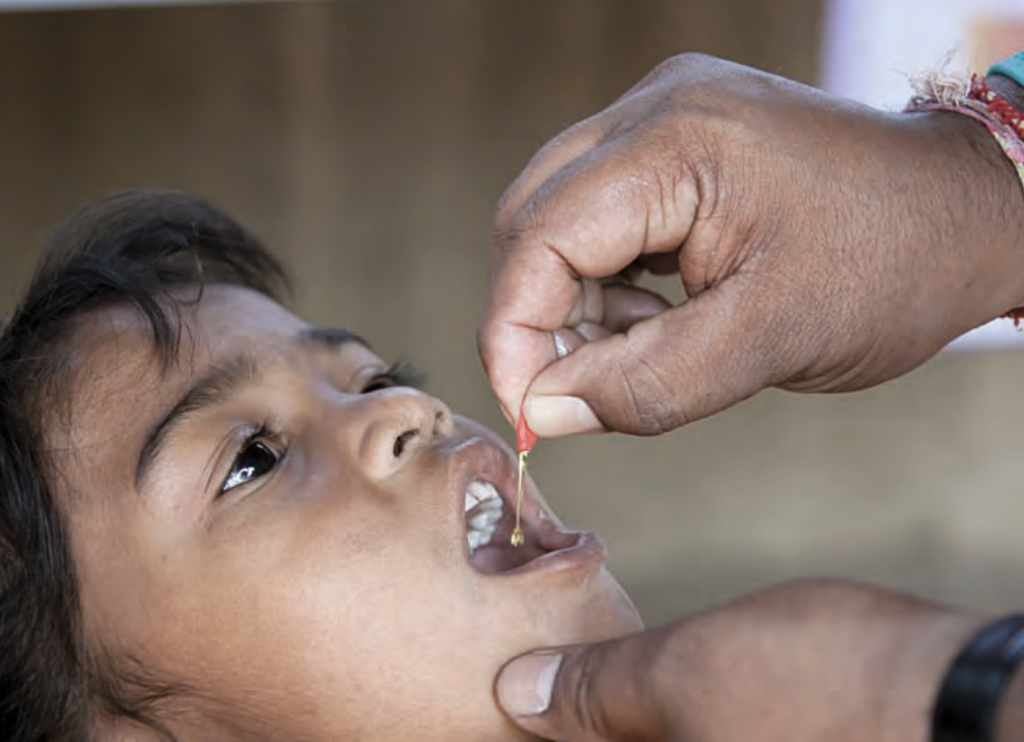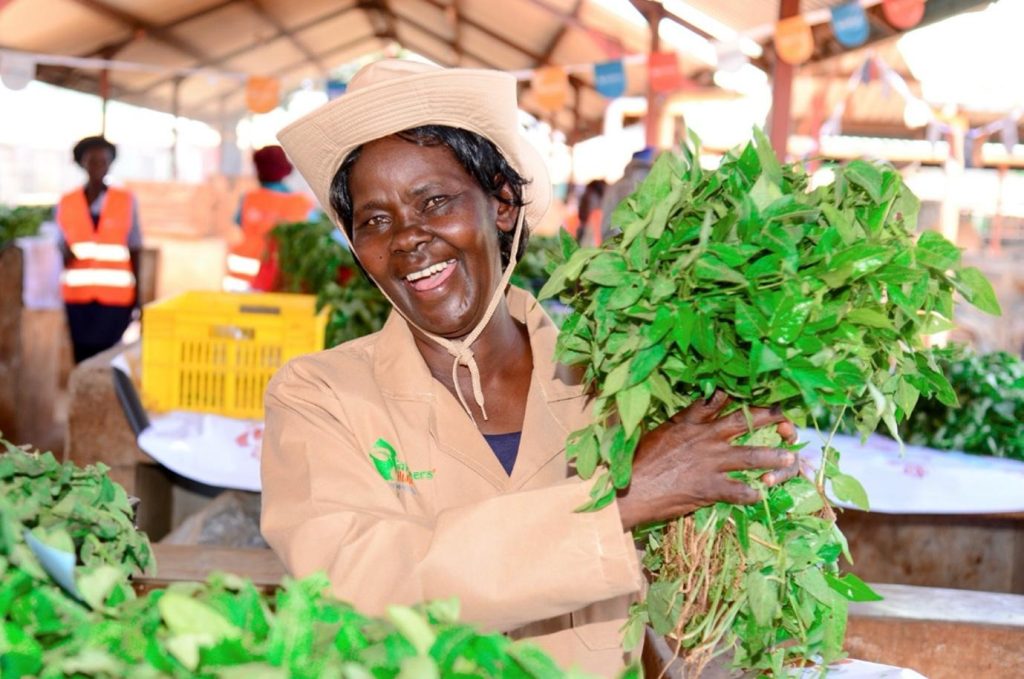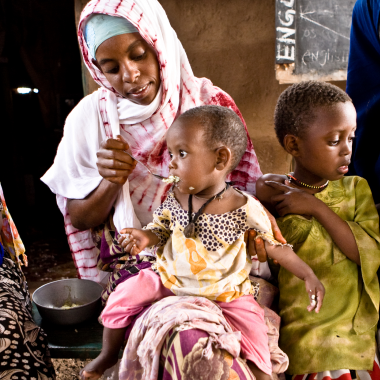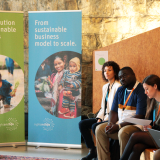Exploring Diverse Proteins
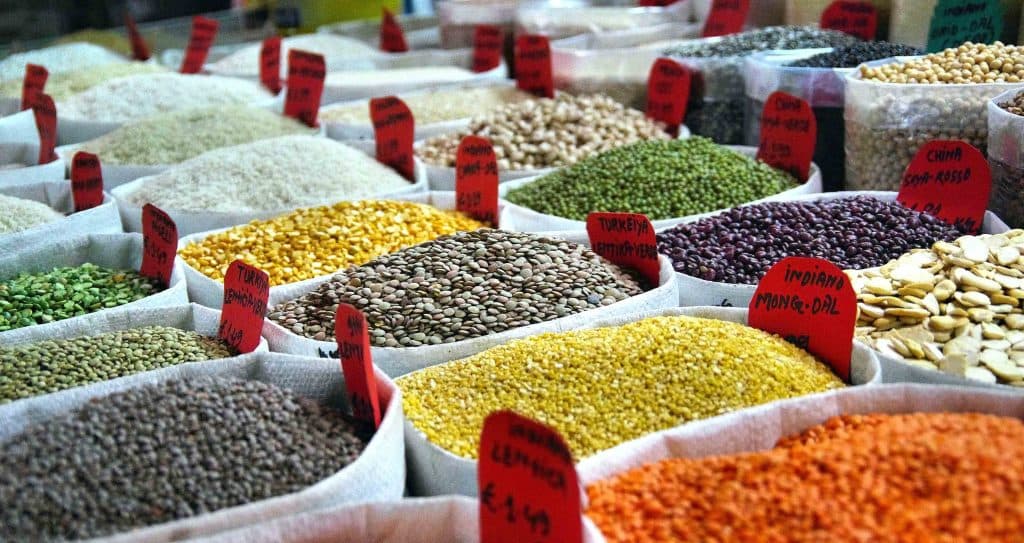
Goal: To shed light on the latest developments across the diverse protein market in the last decades and draw learnings and implications for low-and-middle income countries.
The world is witnessing a rise in global temperatures, caused by the concentration of greenhouse gases (GHG) in the atmosphere. The Intergovernmental Panel on Climate Change or IPCC advises that global warming can cause massive consequences to the planet, such as floods, droughts, wildfires, and hurricanes, and impact the whole food value chain. Currently, the food system is responsible for about 30% of total GHG emissions.
By 2050, global food systems will need to meet the dietary demands of more than 10 billion people. As populations and incomes grow, the global demand for animal-source foods is projected to increase substantially, particularly in many LMICs. However, the cost is a significant barrier to access, and meeting this growing demand through livestock production will be highly resource-intensive.
Sustainable, high-quality alternatives to livestock protein have the potential to change the current trajectory of the food system. Those alternatives can pave the way for a significant transformative impact for both people and the planet. However, their potential to provide viable solutions to the nutritional (energy, protein, lipid, and micronutrient intake) and economic challenges in LMICs needs to be explored further.
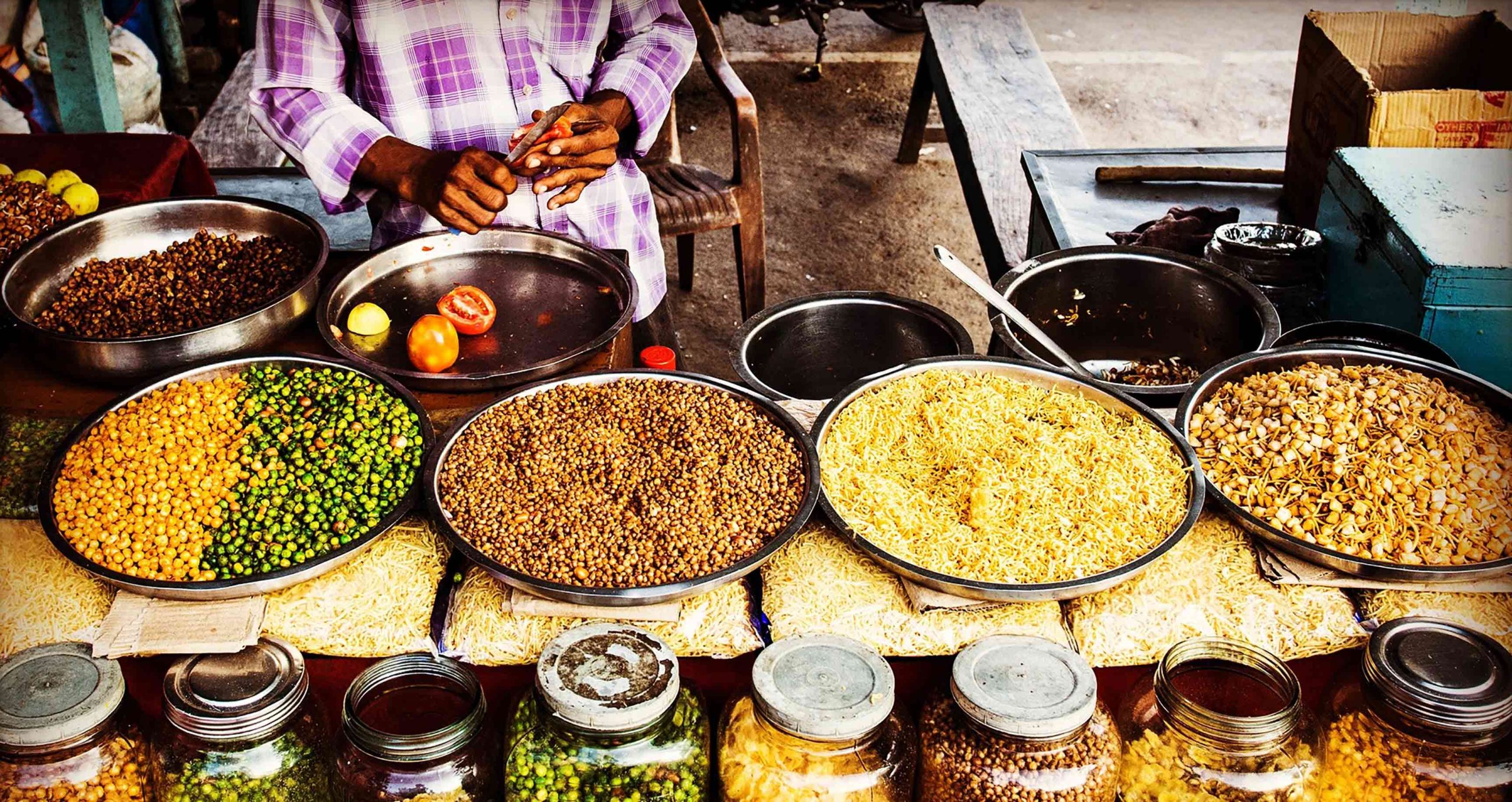
Key details
Since 2020, SAL has been exploring current evidence on the nutrition and environmental impact of plant-based protein. Our work includes:
Supplement: Sight and Life developed a Supplement on ‘Nourishing 9 Billion People by 2050: The Role of Alternative Proteins in Low- and Middle-Income Countries.’ published in the Current Developments in Nutrition (CND) Journal in 2023. This series of 9 articles aims to shed light on the latest developments across the alternative protein market in the last decades and draw learnings and implications for LMICs across 4 themes: nutrition, business & technology, the environment and consumer demand and behaviour. You can find a brief overview of the articles here.
Peer-reviewed article: Legumes as a sustainable source of protein in human diets
Webinar: In April, we hosted a webinar, in collaboration with the SDG2 Hub, Harnessing diverse proteins to sustainable nourish low-and middle-income country populations.The webinar highlighted the opportunities and challenges associated with diversifying protein sources, including nutritional benefits, sustainability and sourcing, impact on livelihoods and showcased exciting innovative pitches.
Blog:
- Alternative Proteins: The nutritionists perspective
- Alternative Proteins: What’s the deal?
- Alternative Proteins: Speaking to consumers
Podcast:
In January 2022, we launched the Brain Food Podcast . The first series is on plant-based protein in collaboration with Johns Hopkins University students and experts on the topic. Each podcast episode was accompanied by a blog post.
Discover more
Why tackle malnutrition
Understand how malnutrition affects our collective future
Global footprint
Discover our key projects across the world
Our strategy
Learn about our 3-stage plan to deliver direct impact on the ground
Our impact
Learn about the impact we have made on the ground so far all these chnages are in discover more section


